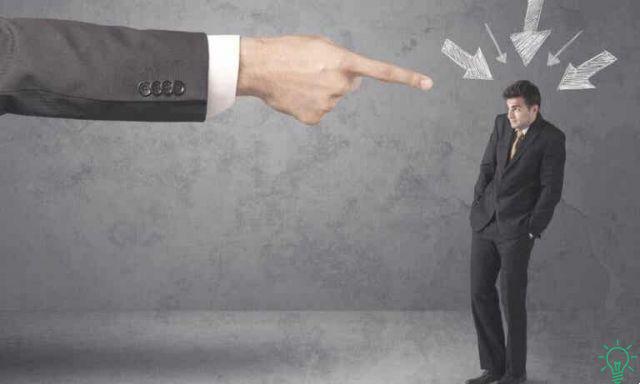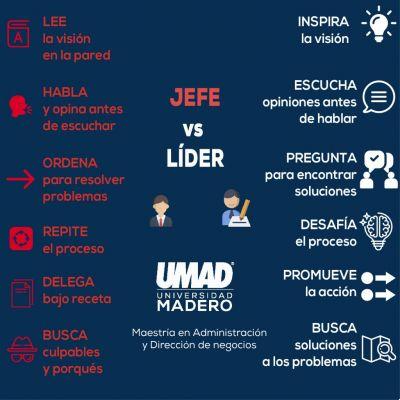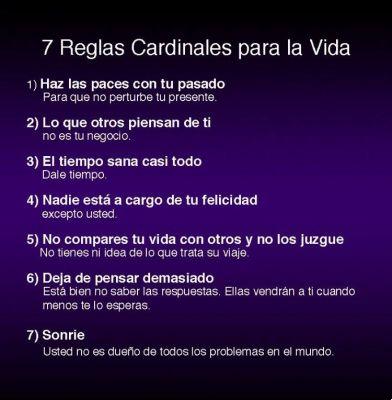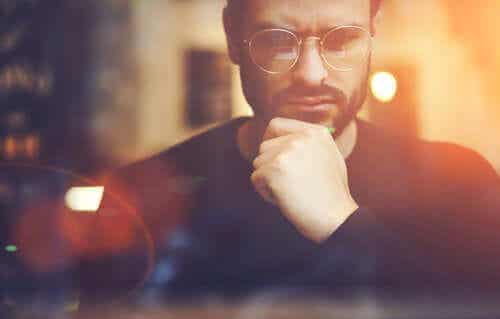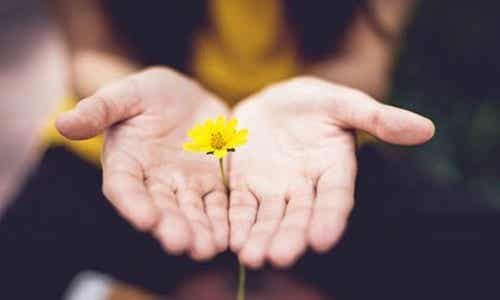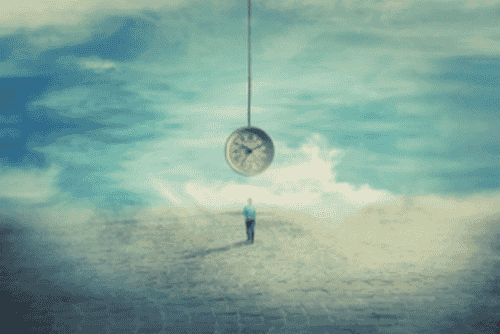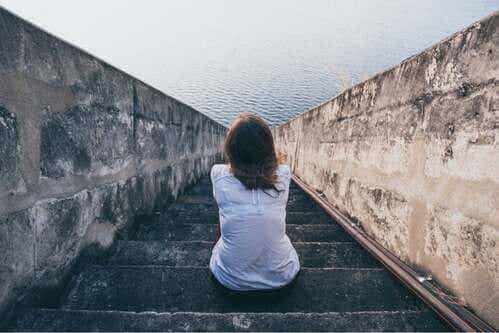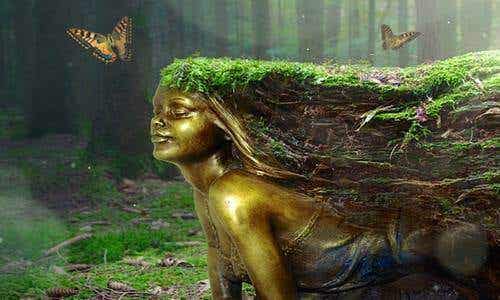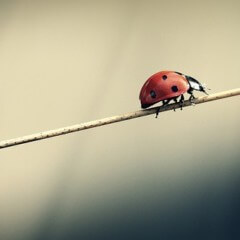When we feel we are unable to adapt, the best thing is to stop. We are not obliged to go to places, people and situations that are not suitable for us. Being happy with our identity, our passions and strengthening self-esteem every day must be the main objectives.
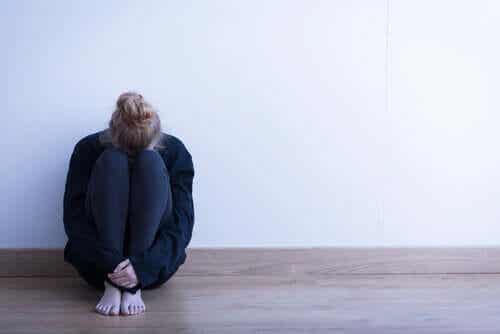
Written and verified by the psychologist GetPersonalGrowth.
Last update: 15 November 2021
Failing to adapt, what to do? There are many people who, in different ways, waste a great deal of their energy trying to integrate, to be like others, to be part of associations. They even give up their individuality in favor of a reassuring sense of belonging. Often, however, one fundamental aspect is forgotten: how extraordinary it is to be unique, different from others.
It is true that one can also suffer from the weight of shame, of isolation. As social beings, we not only need to interact with others. We also want to feel part of something, of someone; we seek a minimum sense of belonging, of security, roots that help us to grow, to develop our life project.
How to reconcile the need for belonging with the need to strengthen our individuality, the "magic" of diversity? In reality, it is just a matter of learning to balance both aspects. We all suffer from this uncomfortable dualism between who we are and what we have to show the world to be accepted.
Consequently, well-being means not losing one's essence and sense of self. The key lies in being accepted by the people who matter to us, in being able to appreciate all that we are, our peculiarities, our greatness and our insecurities.
"Since my youth, I have not been as the others were, I have not seen how others saw, I have not been able to draw my passions from a common spring" (...)
-Edgar Allan Poe-
Not being able to adapt, what a pain!
It's hard not to feel like a stranger in this world. In some moments it seems to go counter-current, of being stateless in a country where everyone seems enchanted by the same melody, while we feel inspired by another. Maybe we are like the jacaranda, that wonderful tropical tree that blooms in a purplish hue while the others around it bloom green.
Feeling unable to adapt hurts (and this happens very often); it is also a type of suffering that tends to become chronic. The feeling of not feeling integrated, in fact, often arises already in childhood. So much so that we end up thinking that the problem lies within us, that “blooming” in purple is negative. When in reality our particular shades make us unique elements of the forest of life.
Bowen's theory of life forces
Murray Bowen (1913-1990), popularized the theory of life forces in the 50s observing how the human being develops both from an emotional and physical point of view.
- Bowen identified a very important aspect of the development. In the human being there are two vital forces as fundamental as they are opposite.
- The first is a powerful growth force that pushes us towardsindividualism, a dimension in which to build an ego separated from our family, friends and society.
- The second force, on the other hand, pushes us to seek emotional closeness.
- According to this pattern, most of us move into this often painful duality on a daily basis. We feel different because our sense of self tries to separate itself from the rest. However, we eagerly want to adapt, to be part of the same dynamics in which others move.
The shame of not being able to adapt to anything
When we feel like we don't fit in, we tend to blame ourselves. We may come to think that the world itself does not makes sense. This is what was shown in a study conducted at the University of Michigan by Gregory Walton and Geoffrey M. Cohen.
In this work it was noted that people who suffer from the "stigma" of exclusion, from the "uncertainty of belonging", experience a decline in motivation, academic and work performance and present a greater risk of suffering from some type of psychological illness.
I want to "feel part", what can I do?
Often, the idea of not being able to adapt has its origin in the family environment. Our education and the dynamics that are established in these micro scenarios instill in us prematurely the idea of "not being normal". We may not feel as such in the eyes of our parents because we are not as bright as our brother.
Because we have come up more rebellious, because our interests, tastes and passions do not suit the family project. In this way, we could carry on this brand for years, reducing our social skills, self-esteem and our identity. To avoid suffering, and to strengthen these dimensions of ours and improve our sense of belonging, it would be worthwhile to reflect on these ideas.
Define who you are and allow yourself to shine
One of Carl Jung's most interesting contributions was the theory of the individuation process. According to this approach, one of our most important responsibilities is to awaken our potential, the individual conscience, to overcome our fears and resistances and to express ourselves in front of the world as we are. With confidence and joy.
This process takes time. However, before "wanting to adapt to others" the thing more right is “to adapt to ourselves". We must learn to accept ourselves, know who we are and what we want.
It is not a question of "getting stuck", any resistance creates pain
We have all tried sometimes to "fit" a piece forcibly into a corner of the puzzle. We immediately realize that it is useless to use force. It is useless when the shapes do not harmonize, it is useless when the gaps do not adapt to the edges.
- We need to understand that in reality, in life you don't have to try to adapt, but you need to flow. If we try to fit in, we will suffer and may even think of giving up some of who we are to fit into a wrong puzzle.
- We need to understand that there will be people, places or groups with whom we will identify, and others with whom we will not identify. Also, on our journey in search of a sense of belonging, we can make a thousand variations until we get our ideal space.
Failing to adapt: be yourself every day of your life and your "tribe" will arrive
Nothing happens if for a some time we continue our journey alone. On the way, we'll just celebrate ourselves. Following the rhythm of a passion or an impulse or a particular impulse, we will end up finding our "tribe"; the one where everything is in harmony, where we are accepted and valued in every aspect, in every so special nuance.
Finally, if we feel that we are not adapting, the first thing we need to do is reduce this suffering. By managing fears, smoothing out insecurities and strengthening the sense of self and self-esteem, we will be able to find our place.







